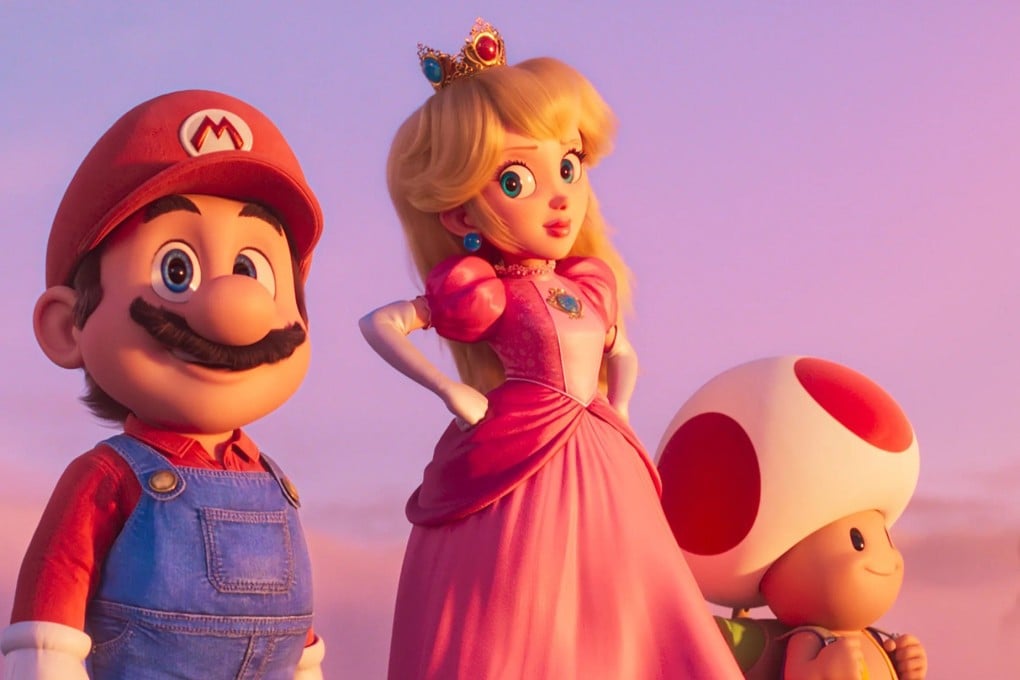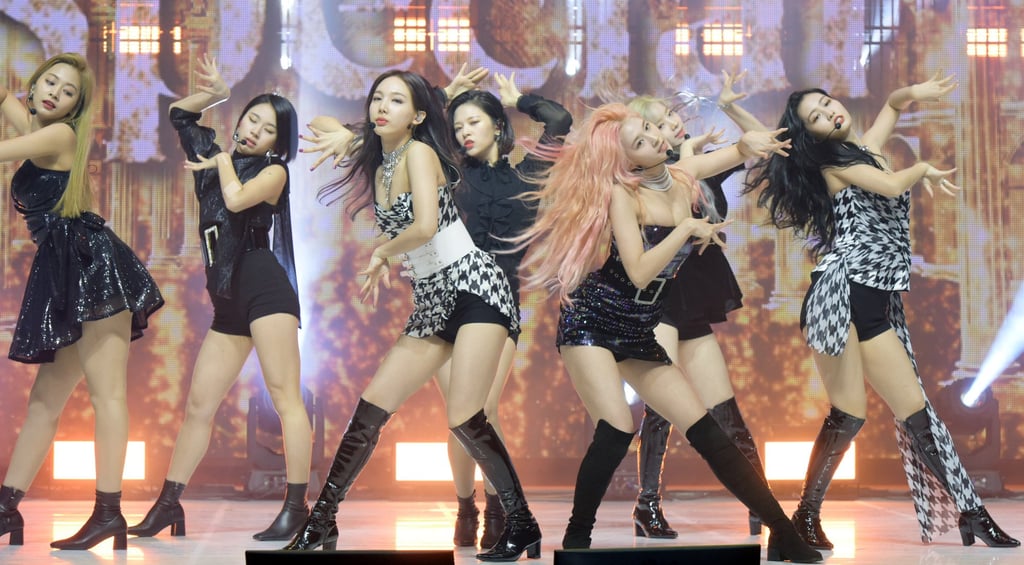‘A new phase’: from anime to J-pop, Japanese culture grows in popularity in South Korea, as new generation separates arts and politics
- South Korea and Japan have traditionally had a love-hate relationship, with politics often influencing Korean’s opinions of Japanese culture
- Today’s young Koreans are openly expressing their love of Japanese anime, and Japanese artists sing Korean songs in K-pop groups

By Dong Sun-hwa
Japan has long been a near but distant neighbour to Korea. The two countries are geographically close, but their relationship is full of twists, including the unresolved legacies of Japan’s forced colonial rule of Korea from 1910 to 1945.
Political spats between Korea and Japan have spilled over into people’s daily lives. When the relationship turned sour, many Koreans avoided travelling to Japan and buying its products. Fans of Japanese films or comics had to hide their love so as not to be seen as pro-Japanese or unpatriotic.
These days, such attitudes have shifted especially among young Koreans. They openly support J-pop singers, frequently watch Japanese animated films and fly to the neighbouring country to explore its cuisine and culture.

“The cultural exchange of Korea and Japan seems to have entered a new phase, with their younger generations viewing culture and politics as two separate subjects,” says Jo Gyu-heon, a professor of Korean-Japanese cultural content at Sangmyung University.